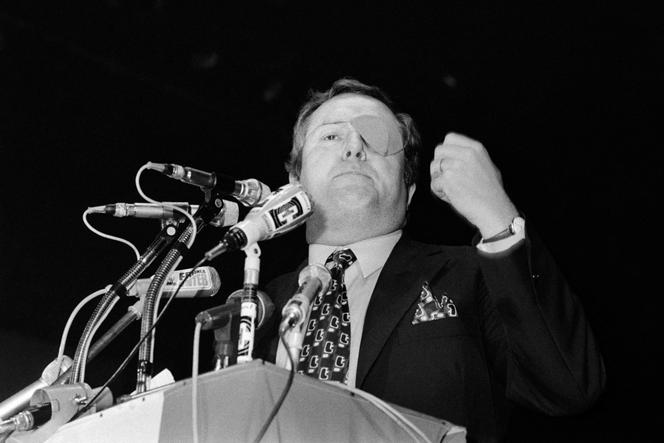


Since Jean-Marie Le Pen's death on January 7, many people have paid tribute to him. François Bayrou, the French prime minister, called him "a fighter." For the president of the Rassemblement National – a far-right party founded by Le Pen formally known as the Front National – Jordan Bardella, he was a "visionary." It's as if the former far-right leader, who co-founded the Front National in 1972, had changed in his final years, turning his back on a lifetime of racism and anti-Semitism. And yet, it was nothing of the sort: Le Pen never ceased to be Le Pen; there was no question, in his eyes, of fitting into the mold of normalization so longed for by his daughter Marine, who took over the party in 2011 and until 2021. Le Monde can testify to this: between 2018 and 2022, we met him a total of 20 times, at the Montretout manor house, in his villa in the affluent western Paris suburb of Rueil-Malmaison, in La Trinité-sur-Mer, Brittany, or in a hotel in Jungholtz, eastern France. Regular interviews, recorded with his consent, which show Jean-Marie Le Pen as he has always been: homophobic, racist and anti-Semitic.
Among the multitude of subjects discussed, only one sometimes triggers his anger: "his" Algerian War. In November 1962, the former paratrooper with the 1st Foreign Parachute Regiment (REP) of the French Foreign Legion admitted to the newspaper Combat that he had carried out "torture because it had to be done." He went on to deny it, for the rest of his life, despite accumulating evidence: victims' testimonies collected in the early 1980s by Le Canard enchaîné and Libération newspapers, then, in 2002, a damning investigation by Le Monde revealing the existence of a dagger engraved with the name "J.-M. Le Pen, 1st REP," left at the scene of the murder of Ahmed Moulay, tortured by the parachutists in 1957. Le Pen lost his libel suit against the newspaper.
You have 67.84% of this article left to read. The rest is for subscribers only.
